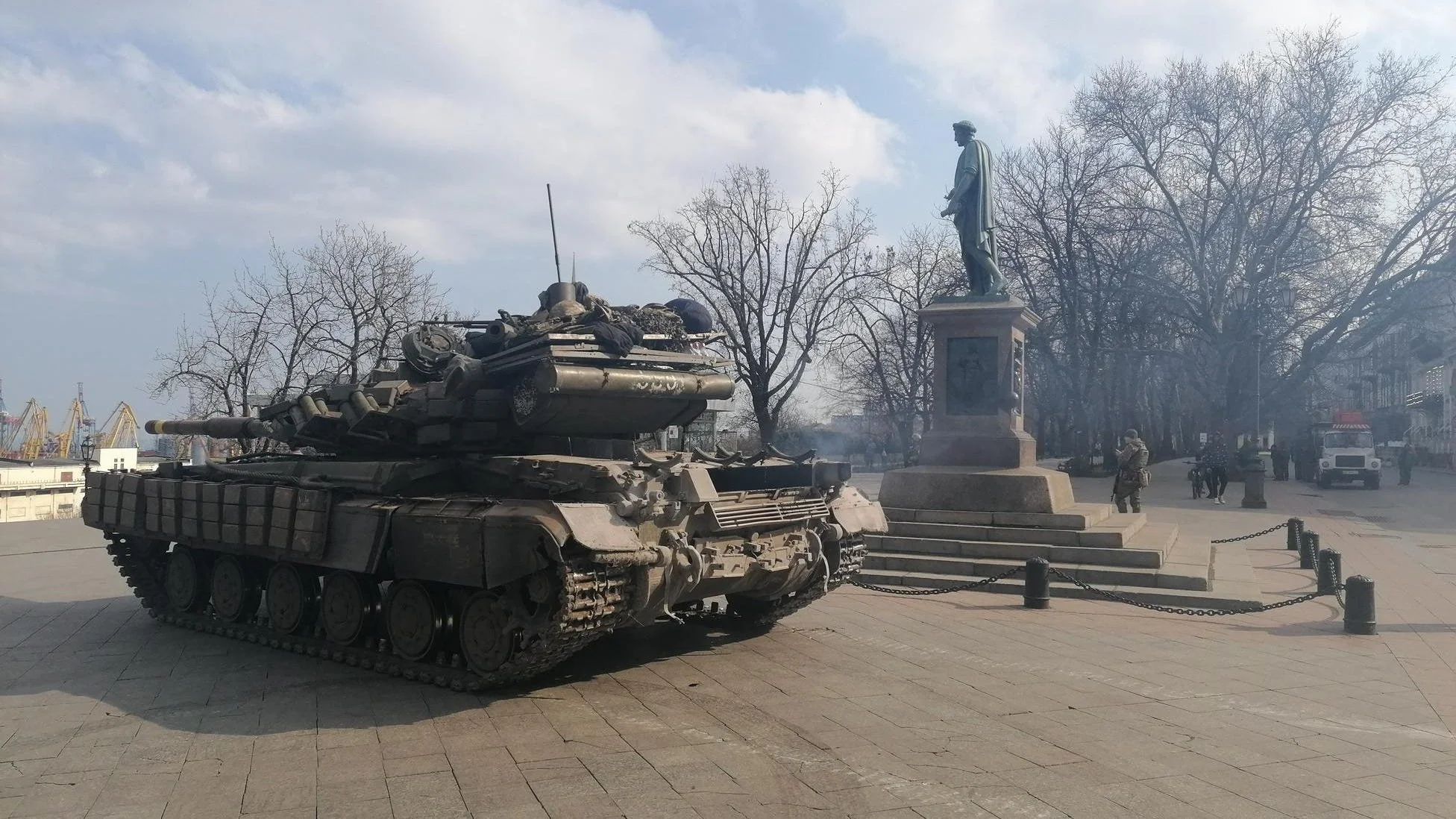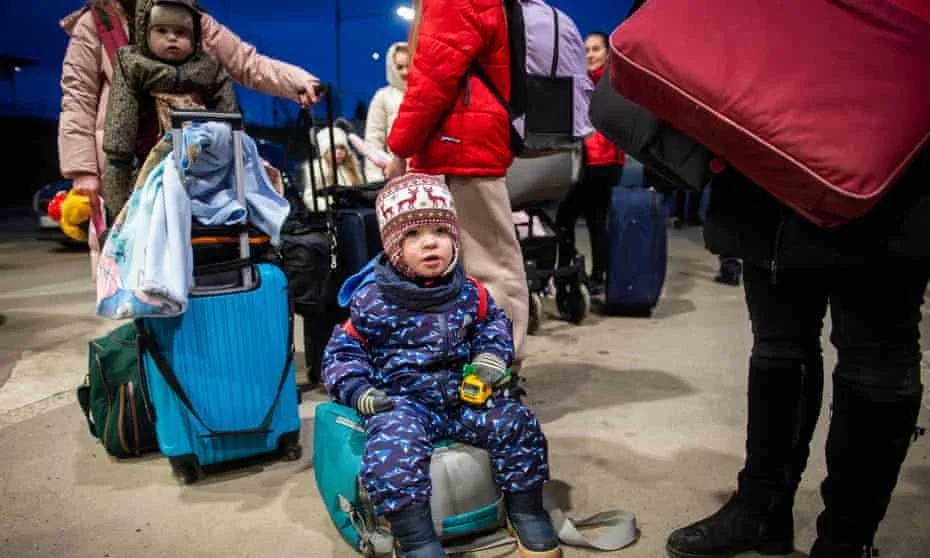Legal Implications of the Ukraine Crisis
On Thursday morning, the armed forces of the Russian Federation entered Ukraine, starting the most significant armed conflict the world has seen since the beginning of the 21st century. This military invasion seems to be Vladimir Putin’s attempt at re-establishing Russian authority over Eastern Europe and returning the country to superpower status, which presumably was lost with the collapse of the Soviet Union. What initially sparked this conflict was Ukraine’s attempt to join NATO – something that would have significantly increased Western influence in Eastern Europe. Nonetheless, according to the Kremlin’s Soviet-like propaganda machine, one of the main reasons justifying the Russian invasion of Ukraine is the spread of fascist and neo-Nazi ideologies in the country.[1] To anyone familiar with the current and historical geopolitical issues in the Eastern European region, this is clearly an outlandish claim to say the least.
Aside from the various social, political, and economic issues associated with this crisis, many legal implications have arisen and could potentially arise in the future, both in terms of national and international law, which this article will now analyse. Under Article 6 of the Law on the Elections of People’s Deputies of Ukraine, elections must be free, and any actions interfering with the free formation and expression of a voter’s will shall be prohibited. According to various sources, Russia’s onslaught of Kyiv is motivated by a ‘drive to install a pro-Moscow puppet regime’.[2] This would allow Russia to assert influence similar to that which they held over countries forming the Eastern Bloc. Should Putin succeed in achieving this aim, then this would lie in clear contravention to the national laws of Ukraine as free elections would effectively become non-existent.
In terms of international law, as per Article 51 of the Charter of the United Nations, use of force for the purpose of self-defence is permitted, which is what Putin claims to be doing in light of threats against Russia itself.[3] According to the Russian leader, the military operations are also being conducted in execution of the treaties of friendship and mutual assistance with the Donetsk People’s Republic and the Luhansk People’s Republic.[4] Nonetheless, this legal justification does not hold up to scrutiny as – under Article 2 of the UN Charter – any threat or use of force against the territorial integrity or political independence of any state is prohibited. Although Putin has claimed that the troops have been deployed to perform “peacekeeping” activities, the UN Secretary General has stated that this is a “perversion of the concept of peacekeeping” and that they are “not peacekeepers at all”.[5] This seems to be an accurate assessment given that the Russian forces are spread across the entirety of Ukraine. As a result, it is quite clear that their actions contravene this key provision of the UN Charter and general principles of international law.
Having established that Russia’s actions contradict various international laws, the question now turns to enforcement. Unfortunately, enforcement at an international level is a daunting task and often proves almost impossible to sanction given the varying interests of countries. Technically, the UN Security Council has the ‘mandate to uphold international peace and security, and act when there is a threat to the peace’.[6] However, the reality is that Russia is a permanent member of the Council giving them veto powers. In terms of enforcement by the UN General Assembly, that is unlikely to yield any proper results either given that it ‘cannot mandate peacekeepers or the use of force’.[7] Unfortunately, the way that international institutions are structured gives them no ability to stop Russia from furthering its invasion of Ukraine. As a result, in current circumstances, it seems that the only help Ukraine can obtain legally and without the threat of sparking World War III is various forms of aid from Western countries.
[1] Jason Abbruzzese, ‘Russian disinformation, propaganda ramp up as conflict in Ukraine grows’ (NBC News, 24 February 2022) <https://www.nbcnews.com/tech/internet/russian-disinformation-propaganda-ramp-conflict-ukraine-grows-rcna17521> accessed 28 February 2022
[2] Gavin Cordon, ‘West fears Vladimir Putin wants to install puppet regime in Ukraine’ (The Independent, 25 February 2022 <https://www.independent.co.uk/news/uk/vladimir-putin-kyiv-ukraine-belarus-russia-b2022409.html> accessed 1 March 2022
[3] Elizabeth Wilmshurst, ‘Ukraine: Debunking Russia’s legal justifications’ (Chatham House, 24 February 2022) <https://www.chathamhouse.org/2022/02/ukraine-debunking-russias-legal-justifications> accessed 1 March 2022
[4] Patrick Butchard, ‘Ukraine Crisis: Recognition, military action, and international law’ (House of Commons Library, 24 February 2022) <https://commonslibrary.parliament.uk/research-briefings/cbp-9470/> accessed 2 March 2022
[5] Ibid
[6] Wilmshurst (n 3)
[7] Ibid



